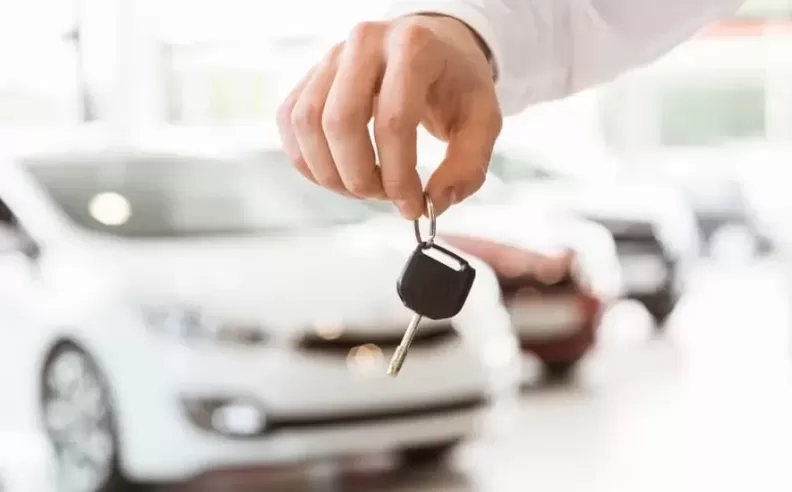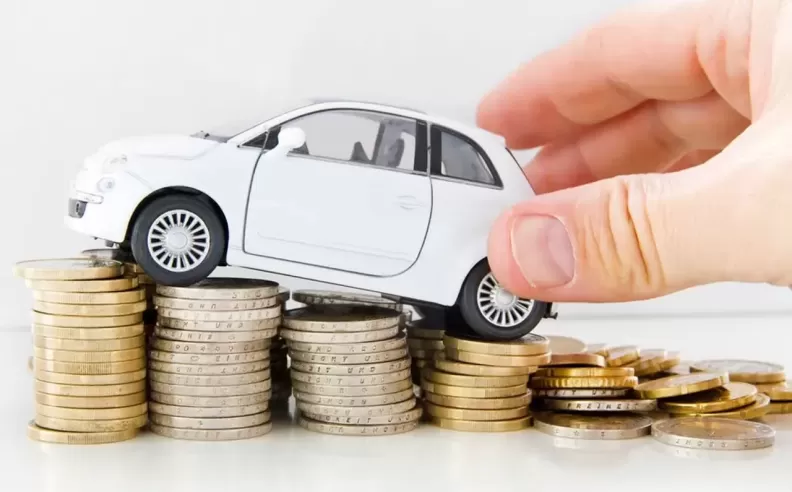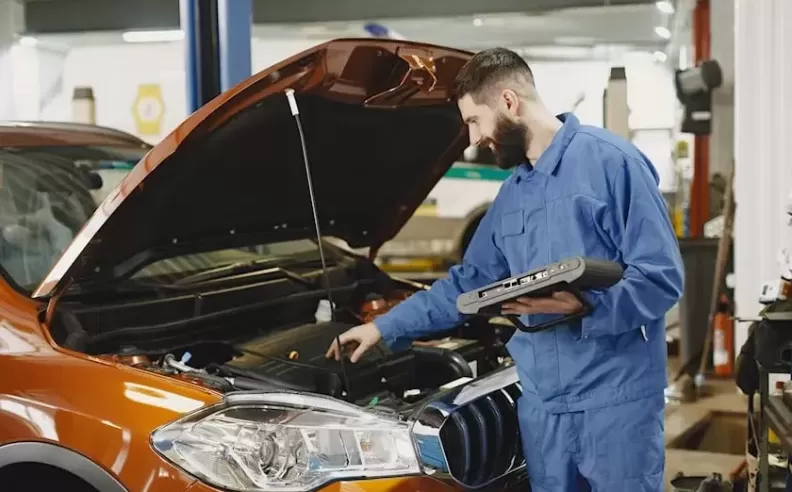
Buying a used car can be an exciting yet challenging experience. While finding the perfect vehicle that suits your needs and budget is crucial, negotiating a fair price is equally important. Negotiation skills play a significant role in ensuring you get the best deal possible. In this article, we will explore some essential tips and strategies to help you negotiate effectively when buying a used car.

Before entering into negotiations, it is vital to conduct thorough research on the make, model, and market value of the used car you're interested in. Utilize online resources, such as automotive websites and forums, to gather information about the average price range for similar vehicles. Additionally, consider factors like mileage, condition, age, and any maintenance or repair history that may influence the car's value. Armed with this knowledge, you'll have a solid foundation for negotiation.

Establishing a budget is essential when negotiating the purchase of a used car. Determine the maximum amount you are willing to spend and stick to it. Be mindful of additional costs like taxes, registration fees, insurance, and potential repairs. By knowing your financial boundaries, you can negotiate confidently and avoid overspending.

Before starting negotiations, thoroughly inspect the used car and take it for a test drive. Look for any visible damages, signs of wear and tear, or mechanical issues. If possible, bring a trusted mechanic to perform a thorough inspection. Identifying potential flaws or maintenance requirements will provide you with valuable leverage during negotiations.

Approach negotiations with a friendly and respectful demeanor. Building a rapport with the seller can create a positive atmosphere and increase the likelihood of reaching a mutually beneficial agreement. Maintain a calm and composed attitude, even if faced with difficult or pushy sellers. Remember, negotiation is a give-and-take process, and finding a middle ground is key.
During negotiations, highlight any concerns you have regarding the car's condition, history, or pricing. Ask the seller specific questions about the vehicle's maintenance records, accident history, ownership details, or any other relevant information. By demonstrating your knowledge and raising valid concerns, you can potentially negotiate a lower price or negotiate repairs or maintenance to be included in the deal.
Consider Timing and Alternative Offers:
Timing can significantly impact negotiation outcomes. Sellers may be more inclined to negotiate towards the end of the month when they are looking to meet their sales targets. Additionally, having alternative offers from other sellers can strengthen your bargaining position. By having viable alternatives, you can exert more influence and negotiate a better deal.
Negotiating the purchase of a used car requires a combination of research, preparation, effective communication, and the ability to adapt to different situations. By following these tips and strategies, you'll be better equipped to secure a fair deal and drive away in a used car that meets your requirements while staying within your budget. Remember, negotiation is an art, and with practice, you can become a skilled negotiator and make confident purchasing decisions.

Wael is an automotive content writer specializes in creating written content for Motor 283. Producing a wide range of content, including blog posts, articles, product descriptions, reviews, and technical guides related to cars, trucks, motorcycles, and other vehicles, with an unprecedented passion for cars, and motorcycles.
